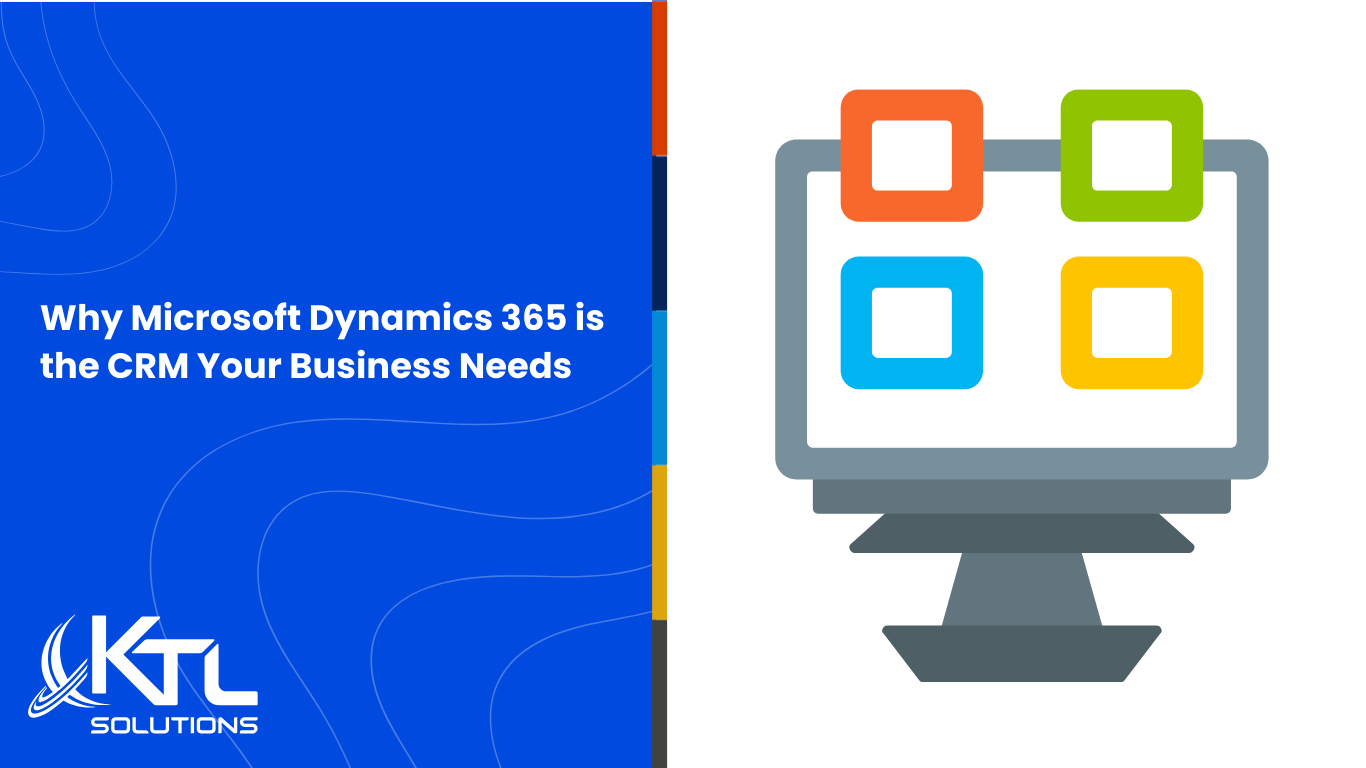I use SQL Server Reporting Services (SSRS) when I want to build reports. I have enjoyed working with it since I started tinkering around with building reports three years ago. This was the platform I was presented with. I have always been curious though about how Crystal Reports, a comparable product, stacks up against SSRS. I worked with it in a very limited capacity many years ago, but it was phased out, so I never had the chance to learn it. Here at KTL, we have a product called Crystal Converter that converts Crystal Reports to SSRS and discussing it recently had me wondering what the benefits of each of these products are.
Both of these products are similar in that they can take data from various sources and generate a report which will reflect that data in a meaningful way to end users. Neither are a full object-oriented report writer; instead, they are object-based with a rich object model that use cascading. After that, they start to vary in what they provide.
Crystal Reports is good for those who have little programming experience. It provides an easy to use drag and drop solution that is friendly for users, and it offers more report formatting capabilities. This allows end users to produce basic and some intermediate reports very quickly. All of these features are part of a user interface that improves efficiency for report designers and gives them more control over stylization.
SSRS has a little more complexity to get used to and requires some database background knowledge but is more powerful and is built around direct SQL access. It has a richer development environment with a user interface geared towards programmers. This makes it more suited to modern environments, and as it is on Microsoft SQL Server, so it pairs well with Microsoft products. Additionally, being a Microsoft product has the benefit of having documentation more readily accessible.
Moving on from the description and benefits of the two products we can go over some comparison points. SSRS is free, if you have Microsoft SQL server, whereas Crystal must be purchased through licenses. With SSRS data sources can be shared or embedded while in Crystal it can only be embedded in the report. Crystal provides a report explorer that has a nice, concise view to see elements and where they exist within the report but in SSRS it is just listed alphabetically in properties. Unlike Crystal, SSRS will not allow you to modify any programming while in preview mode which means you cannot format on the fly and must leave your preview and return to the design screen for edits. Crystal tends to be better at printing reports. The report size and margin settings can cause blank pages in SSRS. Reporting Services will not allow you to pass values from a sub-report to a main report, but it does enable you to nest sub-reports within other sub-reports. Crystal will allow you to pass values back, but it will not allow you to nest.
As you can see, both reporting options have their pros and cons. Neither can be declared an outright winner as features that may be important to a report developer may not be the same as those of an end user looking to put together a quick report.
Have questions pertaining to the comparison of SSRS and Crystal Reports? Want more information on our Crystal Converter? Contact KTL Solutions by emailing info@ktlsolutions.com or by calling our main line at 301.360.0001.
[avatar user=”sflorance” size=”thumbnail” align=”left” /]SCOTT FLORANCE | Business Software Consultant
Scott Florance is one of the CRM Consultants at KTL, and has proven his value as a member of the team since September 2013. Whether implementing a new CRM organization or adding to existing configurations, Scott has engaged clients with a positive and enthusiastic demeanor to help them meet their organizational needs. With six plus years of experience, Scott is familiar with CRM as both a power user and administrator. Scott received his Bachelor’s Degree in Business Administration from the University of Central Florida. He is a Microsoft Certified Technology Specialist for Dynamics CRM, as well as a Certified Scribe Technician.




































